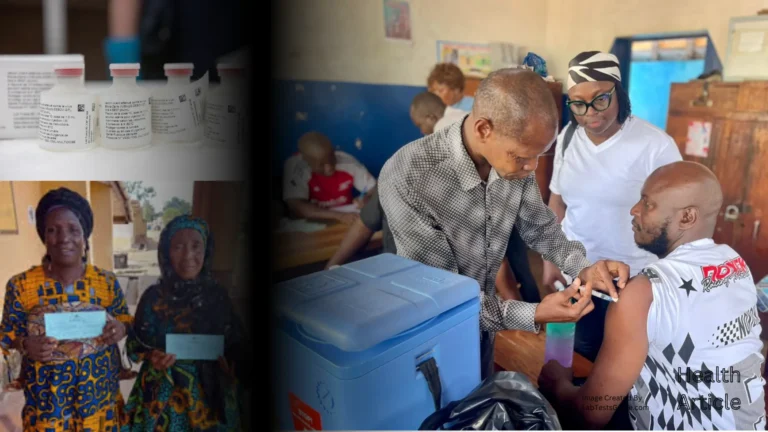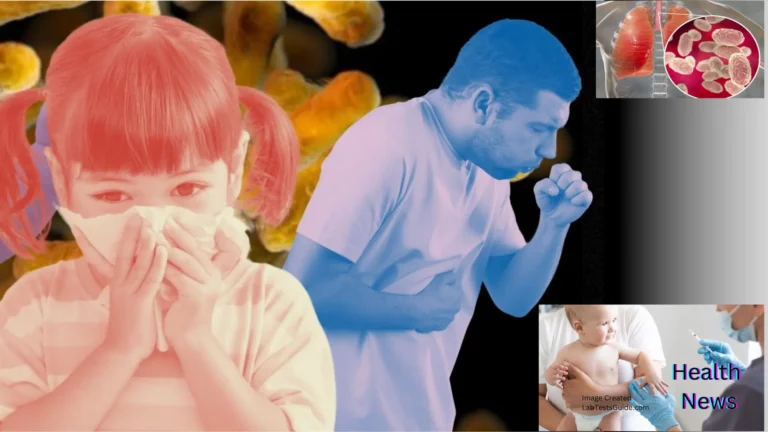Thousands of lives around the globe could be saved thanks to NHS scientists who have identified a new blood group system, solving a medical mystery that has baffled experts for 50 years. The research, led by NHS Blood and Transplant (NHSBT) scientists in South Gloucestershire and supported by the University of Bristol, uncovered a blood group called MAL.

This discovery sheds light on the genetic background of the AnWj blood group antigen, first identified in 1972 but not fully understood until now. The breakthrough was made possible through a world-first genetic test developed by NHSBT’s International Blood Group Reference Laboratory in Filton.
Better Care for Rare Patients
Senior research scientist Louise Tilley, who has worked on this project for two decades, highlighted the profound impact this discovery could have on patient care, especially for individuals with rare blood types. While it’s difficult to determine the exact number of people who will benefit, Tilley estimates that NHSBT assists approximately 400 patients worldwide each year as a last resort.
Everyone’s red blood cells have proteins known as antigens, but a small percentage of individuals may lack them. Using cutting-edge genetic testing, NHSBT scientists can now identify patients missing the AnWj antigen, which could be life-saving for those who might otherwise have adverse reactions to blood transfusions.
A Lifesaving Test
This new test will also make it easier to find donors for those with rare blood types. Philip Brown, a leukemia patient who received life-saving blood transfusions and a bone marrow transplant, shared his gratitude for advances in blood safety. He emphasized the importance of ensuring blood is a better match for patients, calling it a crucial step forward.
The Challenge of Discovery
Nicole Thornton, head of the International Blood Group Reference Laboratory, explained that uncovering the genetic basis for AnWj was one of their most challenging projects. The journey to prove that a gene encodes a blood group antigen requires extensive work, but Thornton expressed pride in the team’s efforts to benefit rare patients worldwide.
With the development of genotyping tests for identifying genetically AnWj-negative patients and donors, this discovery represents a leap forward in personalized patient care.
Global Impact
NHSBT’s Filton laboratory is a leader in international blood group research, providing antibodies to countries around the world. Their expertise extends beyond their own research, often helping labs from other nations when they reach the limits of their investigations.
As Nicole Thornton noted, the team continues to explore new blood group systems and antigens, with more discoveries likely in the near future. This breakthrough in resolving the AnWj antigen mystery marks just the beginning of what could be a series of new blood group discoveries that will further revolutionize transfusion medicine.
This remarkable development not only solves a decades-long puzzle but also holds the potential to save lives and improve care for rare patients globally.
References:
- Scientists find new blood group after 50-year mystery – BBC – (Acessed on Sep 20, 2024)
- British Researchers Discover New Blood Group – www.aabb.org – (Acessed on Sep 20, 2024)
- NHS Blood and Transplant-led team discovers new blood group system MAL – NHS Blood and Transplant – (Acessed on Sep 20, 2024)
- New Blood Group MAL: Scientists uncover new blood group MAL, resolving 50-year-old antigen mystery | – Times of India – (Acessed on Sep 20, 2024)
- Scientists Discover New Blood Group, Solve 50-Year-Old Mystery – NDTV – (Acessed on Sep 20, 2024)
Possible References Used







